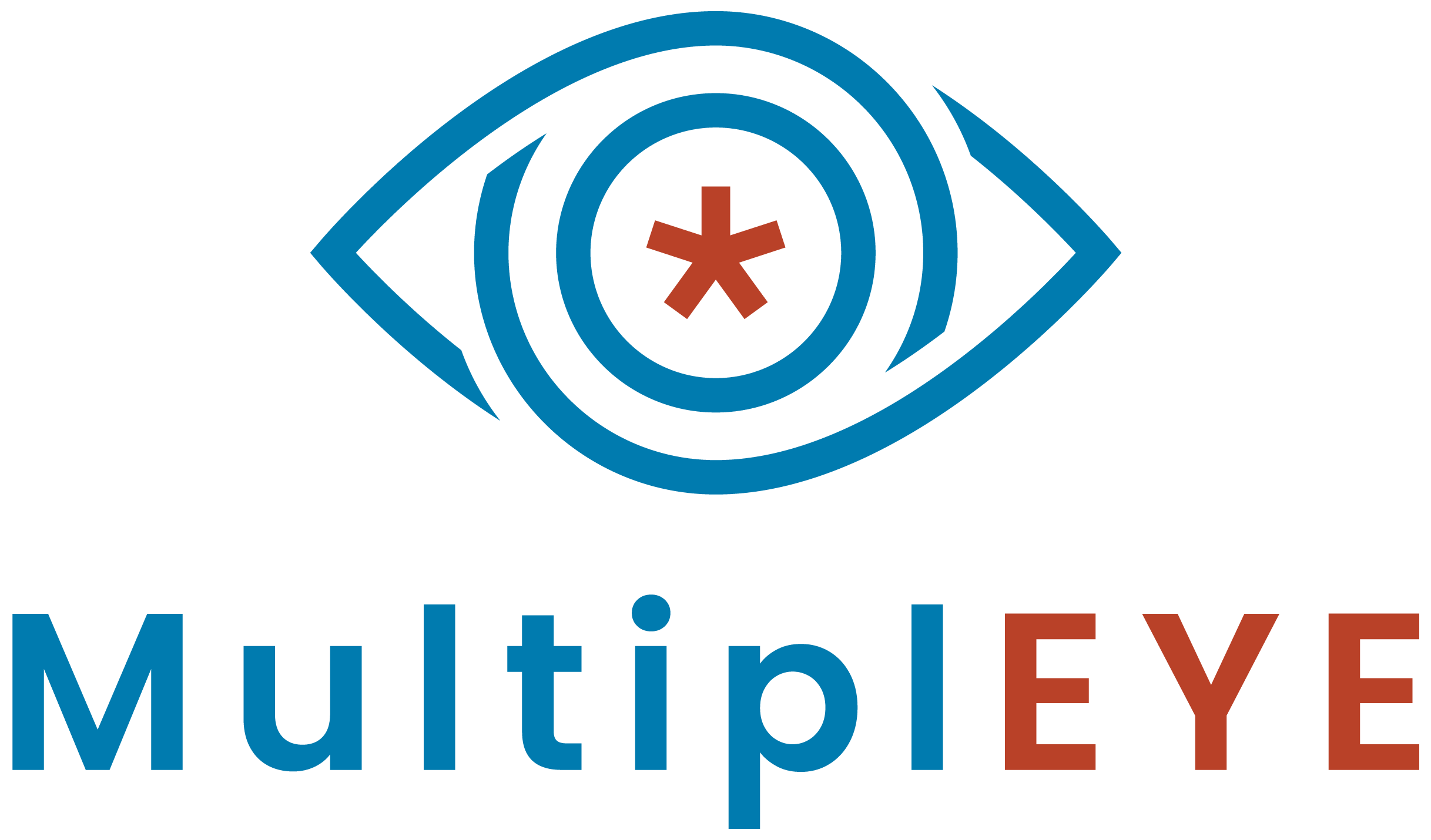This Working Group will focus on the multilingual data collection, compiling a large resource of eye-tracking data from natural reading in many languages. These data collection efforts will include larger European languages as well as smaller languages. At the moment of submission, all proposers are interested in contributing to this data collection with their native languages. Researchers will be enabled to conduct eye-tracking experiments by sharing expertise and infrastructure through Short-Term Scientific Missions. One of the main aims is to provide a resource of reading from naturally occurring texts including comprehension questions. Eye-tracking data will be collected from both native readers and second language learners. The goal is to cover a wider population in terms of age and socio-economic background than in the existing corpora. Moreover, the data collection also encompasses low-cost eye-tracking and self-paced reading experiments. In addition to the reading data, the Action will assess participants’ cognitive and linguistic skills via psychometric testing, for instance, working memory capacity, cognitive control, vocabulary size, and print exposure, as well as some information concerning their demographic and educational background. WG1 will select, edit and potentially translate the reading materials, design the reading comprehension questions, and select the additional assessments. It will further design and implement the experimental procedure of the eye-tracking and self-paced reading experiments. WG1 is also responsible for formulating the guidelines and data statement as well as for the final editing and documentation of the data collection. The Action will harness the joint efforts of the action to secure additional funds to carry out the data collection, such as participant payments and salaries for lab assistants.
Deliverables
- Data statement: format, documentation, and metadata requirements & open access repository to collect all sub-datasets as well as tools and software useful for multilingual eye-tracking data collection.
- Stimulus corpus: an initial collection of texts to be used in the experiments for all involved languages.
- Implementation of the experimental presentation and the data preprocessing pipeline including the development of a Python package for preprocessing eye-tracking data.
- Training School and Workshop on data collection.
Leader

Prof. Ramunė KASPERĖ
Kaunas University of Technology,
Lithuania
Email: ramune.kaspere@ktu.lt
___________________________________________________________________________________________________
Recent updates on Working Group 1
The Preprocessing Meeting in Zurich
From November 23–25, researchers from WG 1 and WG 2 gathered at the University of Zurich, Department of Computational Linguistics, for an intensive hackathon focused on developing the preprocessing pipeline for the MultiplEYE data which will not only include gaze…
